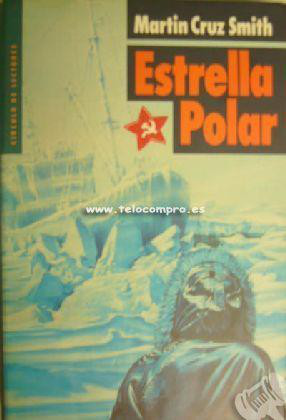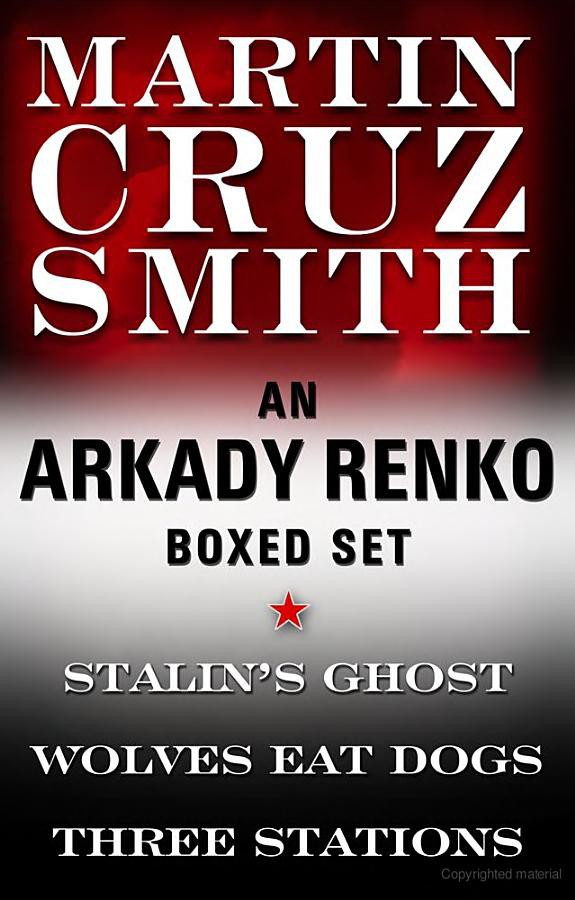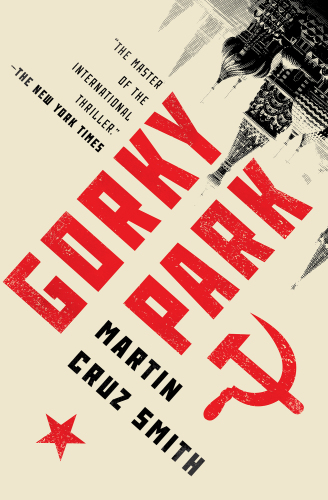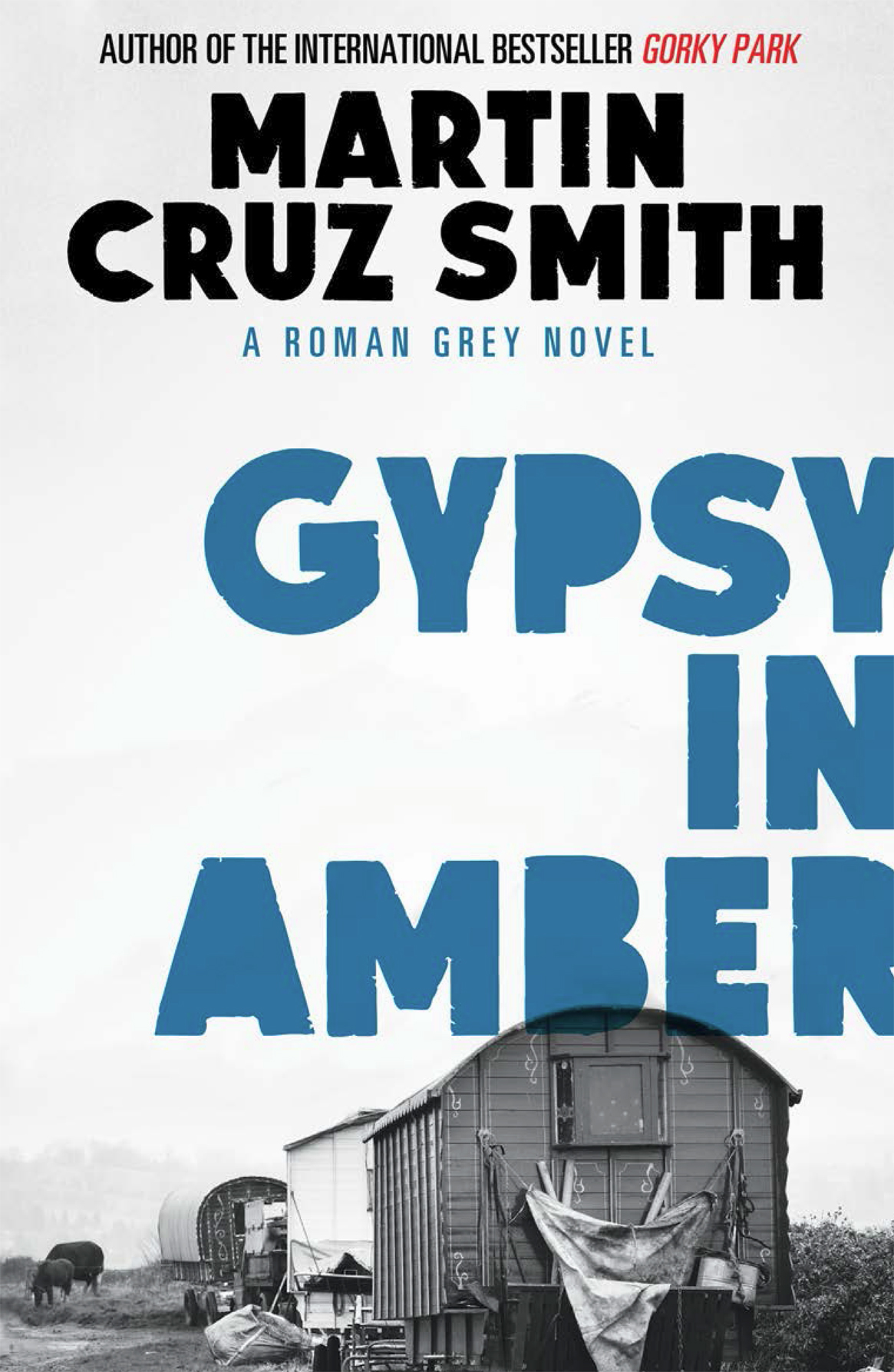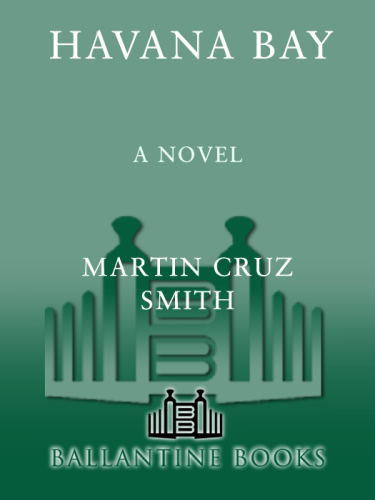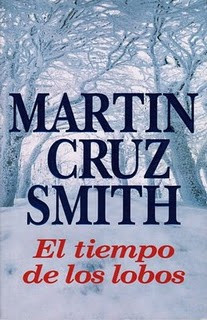oleebook.com
Wolves Eat Dogs de Smith, Martin Cruz
de Smith, Martin Cruz - Género: English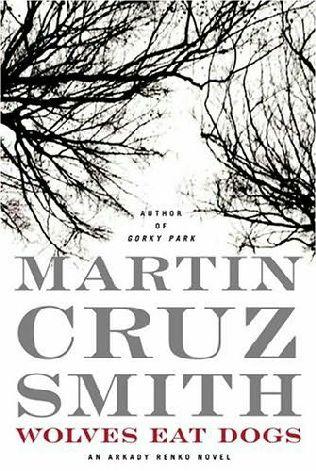
Sinopsis
SUMMARY:
Arkady Renko returns for his most enigmatic and baffling case: the death of one of Russia's new billionaires, which leads him to the Zone of Exclusion -- Chernobyl, and the surrounding areas closed to the world since the nuclear disaster of 1986. In his groundbreaking "Gorky Park, " Martin Cruz Smith created one of the iconic detectives of contemporary fiction, Arkady Renko. Cynical, quietly subversive, brilliantly analytical and haunted by melancholy, Renko has survived, barely, the journey from the Soviet Union to the New Russia, only to find his transformed nation just as obsessed with secrecy, corruption and brutality as was the old Communist dictatorship. In "Wolves Eat Dogs, " Renko enters the privileged world of Russia's new billionaire class. The grandest of them all, a self-made powerhouse named Pasha Ivanov, has apparently leapt to his death from the palatial splendor of his posh, ultra-modern Moscow condominium. While there are no signs pointing to homicide, there is one troubling and puzzling bit of evidence: in Ivanov's bedroom closet, there's a mountain of salt. Ivanov's demise ultimately leads Renko to Chernobyl and its environs. (No one knows how many deaths resulted from the explosion in Reactor Number 4. The official government figure is just 41, though many experts estimate that the toll was really a half million or more.) It is a ghostly world, still aglow with radioactivity, now inhabited only by the militia, shady scavengers, a few reckless scientists, and some elderly Ukrainian peasants who would rather ignore the Geiger counters than relocate. Renko's journey to this netherworld, the crimes he uncovers there and the secrets they reveal about the New Russia, make for a tense, unforgettable page-turning adventure. Each of Martin Cruz Smith's novels is a ticket to an unknown world. "Wolves Eat Dogs" is Smith's most harrowing trip yet.
Descargar
Descargar Wolves Eat Dogs ePub GratisLibros Recomendados - Relacionados
Reseñas Varias sobre este libro
3.5 stars
In this fifth book in the 'Arkady Renko' series, the Moscow police detective is sent to the devastated area near Chernobyl to investigate a death. The book can be read as a standalone.
*****
As the story opens it's 2004 and the Soviet Union has dissolved into separate states. Some savvy former physicists have taken advantage of the chaos to become multi-millionaires and Arkady Renko - determined as always - is still a police investigator in Moscow.
One of the nouveau millionaires, Pasha Ivanov - head of NoviRus Security - has (apparently) jumped to his death from his 10-story Moscow apartment after exhibiting increasingly peculiar behavior.
Renko insists on looking into Ivanov's demise despite the objections of his boss, Prosecutor Zurin, who wants the whole business wrapped up pronto.
Renko finds some odd things in Ivanov's apartment, a closet floor covered with salt, but eventually concedes that the former physicist's death looks suicide.
Fast forward a few weeks and Renko is stationed more than 400 miles from Moscow in "The Zone." This is the area surrounding Chernobyl (in the Ukraine) - where a catastrophic nuclear accident occurred in 1986.
It seems that Ivanov's successor at NoviRus, Lev Timofeyev, was found murdered near a Chernobyl cemetery and Prosecutor Zurin - seeing this as a good opportunity to get Renko out of his hair - sends him to "investigate."
People in The Zone were evacuated after the accident and the current sparse population around Chernobyl includes scientists studying the aftermath of the disaster; elderly people who've snuck back to their old homes; some squatters, thieves, scavengers, and poachers; and a small contingent of military/police personnel.
Law enforcement in the area is sketchy at best and the head cop, Commander Marchenko, doesn't want his record marred by a homicide. Still, he's not happy about Renko sticking his nose into local affairs.
As it turns out Renko is unable to make much headway with the investigation since the crime scene was seriously mishandled and contaminated, the squatters who found the body can't be found, and no one will tell him anything. Still, Renko continues his inquiries, becoming acquainted with some of the local scientists and residents......
- and possibly being exposed to radiation and radioactive food.
Pretty soon someone in The Zone is shot dead and a former cohort of Ivanov's shows up in Chernobyl to 'help' Renko.
Meanwhile Renko has become a sort of 'big brother' to Zhenya, a troubled 11-year-old boy living in a Moscow orphanage.
On Sundays Renko would take Zhenya to an amusement park, though the boy never spoke to him or even acknowledged his presence. Still, Zhenya began acting out when Renko left for Chernobyl, and Renko's one-sided phone conversations with the boy demonstrate a bit of his softer (and more imaginative) side.
The strength of the story lies mostly in the descriptions of The Zone - the creepy bleak atmosphere, destruction, desolation, cancers, deaths, plants, animals, people, etc. Renko even meets a former military man who's in denial about the disaster, claiming it isn't radiation that destroyed The Zone but rather 'radiophobia' (fear of radiation).
As Renko investigates various crimes he gets threatened and beat up; chases a thief on a motorcycle; takes a trip to Kiev; drinks too much; becomes involved with a woman; visits a Jewish tomb; and more.
In time Renko solves the murders but the motive for the crime spree seems overly convoluted and unconvincing (to me). Still, the Russian and Ukranian settings are interesting and I enjoyed catching up with Renko, who always manages to stay alive and keep (or regain) his job against all odds.
I'd recommend the book to mystery readers, especially fans of Martin Cruz Smith.
You can follow my at https://bybarbsaffer.blogspot....38 s Mal WarwickAuthor 31 books445
Over the years, I made two trips to the Soviet Union. The first time was in 1965, in the course of a four-month knockabout through the USSR, Eastern and Central Europe, and Scandinavia before my Peace Corps service started. (That was the trip during which I was threatened by East German Vopos (Volkspolizei) at Hitlers bunker and briefly confined under gunpoint in a Romanian secret prison.) My second, less harrowing trip, came in 1989 as a member of a delegation organized by one of my nonprofit clients to meet with the Soviet foreign policy hierarchy.
During the first trip I glimpsed a country still slowly recovering from the unimaginable devastation of World War II, and still understandably bitter about the experience. Everything seemed gray: the cities, the skies, the clothing, the people. On my second visit I viewed a nation in its death throes, just months before its final collapse. There wasnt much visible difference from one trip to the other despite the passage of a quarter-century. Everything was still gray.
Now I have Martin Cruz Smith to guide me through the successors to the USSR another quarter-century later in Wolves Eat Dogs, both Russia and Ukraine. Through his eyes, I observe an environment vastly changed in so many ways, yet essentially the same in others. The Russian character endures: stolid yet endlessly romantic, pessimistic, and prone to alcoholism. Still gray, by and large. The corruption of officialdom is expressed in different ways but is fundamentally unchanged. The skylines of the big cities bristle with gleaming high-rise towers, offering a glamorous and colorful lifestyle to the few who can afford it, while the overwhelming majority of the people still languish in poverty. All that is changed is the veneer of the New Russia, dedicated to the proposition that everyone is entitled to get rich and escape the stigma of the past.
In Wolves Eat Dogs, it is 2004. The intrepid investigator, Arkady Renko, and his alcoholic detective-partner, Victor, are called to the scene of what everyone, from Renkos boss to the friends and business associates of the deceased, calls a suicide. Though Renko has questions he always has questions the matter is considered closed. The man who jumped from a 10th-floor window onto a Moscow sidewalk was one of Russias richest and most powerful men. Nonetheless, Renko pursues an investigation despite orders not to do so. He embarks upon a lengthy and painful journey that takes him to the radioactive hulks of Chernobyl and into the depths of depravity in Vladimir Putins Russia.
In the course of his investigation, Renko learns what really happened at the huge nuclear power station that experienced the worst meltdown in history, even more terrible than the Fukushima disaster a quarter-century later. Wolves Eat Dogs is worth reading for that bit of imaginative speculation alone.mysteries-thrillers21 s Ebb55
Cruz Smith has a way with words. A very heady, intoxicating way. As a matter of fact he's having his way with me right now.
I'm reading the gritty yet dream- Wolves Eat Dogs. It's un other crime fiction on the market. Too many books in this genre fall prey to "galloping gore". Thrillers that provide a series of ever-escalating shocks all the while ratcheting up the pace. So much rush-rush designed to obscure the truly bad writing. I mostly avoid those shelves at the bookshop.
But I was stuck for several hours in Paris' Charles de Gaulle airport and the lone kiosk appeared to have a boatload of crap for sale. Then I saw, on the bottom shelf, this little gem. Amazon in the US has the cover seen at left. Meh. The UK cover is much better. All dark-grey destroyed-forest realism with a howling wolf at centre stage. Very appropriate to the tale.
Cruz Smith approaches the story slowly. He's more concerned about the characters than is customary. Renko isn't a compilation of over-used stereotypes. The story doesn't unfold so much as slowly unwind. A spiral of revisted scenes, revisited lives. You care as much about the secondary characters as you do about the crime.
He writes economically, smoothly. Nothing grandiose. Nothing over the top. He shocks you with a throw way image. An unexpected revelation that resonates with sensory truths:
"He lifted his ear to the muffled flight of an owl and the soft explosion that marked the ly demise of a mouse. Leaves swirled around the bike. All Chernobyl was reverting to nature. Sometimes it crept in while he watched."
or
"You're sure you latched the cow's stall? She could have been eaten by wolves. The wolves could have gotten her."
Roman acted deaf, while Lydia, the cow, peeked through an open slat of her stall; the two put Arkady in mind of a pair of drunks who remembered nothing.
It's rich and delicious and worth reading slowly.
Take my word for it.13 s Judy1,758 357
After I read Voices From Chernobyl, someone told me about Wolves Eat Dogs. I am glad I read it because it makes a good companion piece to the other book. On the other hand, if I hadn't read Voices first, I would have been seriously lost.
Because Smith's book is a political/crime thriller, the pace is fast, the brutality is frequent, and the plot is thick. But he does address the Soviet government corruption and cover up of the nuclear meltdown as well as that of the Russian mafia after the fall of the Soviet Union. He truly brings that gnarly situation alive and so makes the point that humans cannot be trusted with nuclear power as did Voices From Chernobyl.
Svetlana Alexievich hinted at such things via the people she interviewed but she is Russian and has been viewed with suspicion by her government. Martin Cruz Smith is American.
Wolves Eat Dogs (a comment made often by the people who live near Chernobyl) is the 5th book in Smith's Arkady Renko series. I think I read Gorky Park way back when. I think I might read the rest one day. 21st-century-fiction crime mystery ...more9 s Berengaria513 107
4.5 stars
Total transparency: I ADORE Arkady Renko. For me, he's a character so rounded, he's got to exist "in real" somewhere. So, biased review to follow...
Autor del comentario:
=================================
